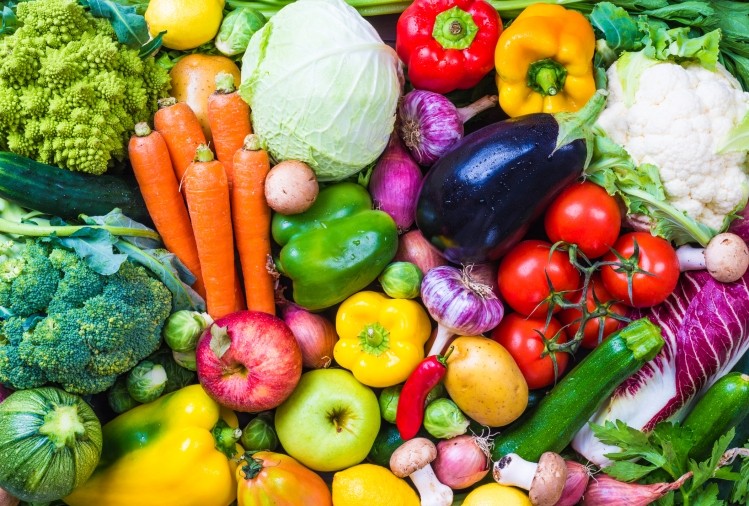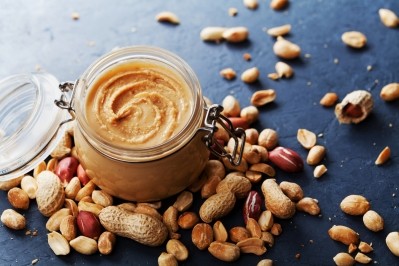Low-fat health risk study disputed by nutritionists

The study found that people eating a low-fat diet tend to increase their carbohydrate consumption, which was linked to an increased mortality rate. It also claimed eating a higher amount of fat was linked to a lower risk of death.
Some experts have disputed the results, claiming the study failed to report other health benefits to a low-fat diet that may influence people’s overall health.
British Nutrition Foundation (BNF) trustee and scientific governor Tom Sanders said: “Death from stroke [which is related to high blood pressure] was as common as that from myocardial infarction [which is related to serum cholesterol – the amount of cholesterol in the blood].
‘The study did not report’
“Unfortunately, the study did not report serum cholesterol concentrations in the different populations, which is important because it strongly predicts incidence of myocardial infarction in younger age groups,” said Sanders, who is also professor emeritus of nutrition and dietetics at King’s College London.
Sanders also said that the cohort study’s modelling was likely to underestimate people’s fat intakes, and assumed that a single portion size was similar between countries.
Meanwhile, Susan Jebb – professor of diet and population health at University of Oxford – said there was no significant link between carbohydrate intake and cardiovascular disease. The diets – aside from fats and carbohydrates – was very different between the analysed countries, she added.
‘Very different to the UK’
Jebb said: “The background diet of most of the countries in this analysis is very different from the UK. For example, [in continental Europe and North America], only the top 20% of dietary fat intake reaches the average intake for the UK, and the bottom 20% of carbohydrate is close to the UK average.”
The researchers’ comments came after the study, by professors at McMaster University in Hamilton, Canada, was published in Lancet on August 29. More than 135,000 individuals’ diets were recorded in 18 countries, between 2003 and 2013, to find that total fat intake wasn’t linked to heart attack risk, or cardiovascular disease death.
The study’s lead author, Mahshid Dehghan, said: “A decrease in fat intake automatically led to an increase in carbohydrate consumption, and our findings may explain why certain populations – such as South Asians – who do not consume much fat, but consume a lot of carbohydrates, have higher mortality rates.”
Meanwhile, BNF director general Judy Buttriss said reducing saturated fat intake had been high on the policy agenda for decades.

















